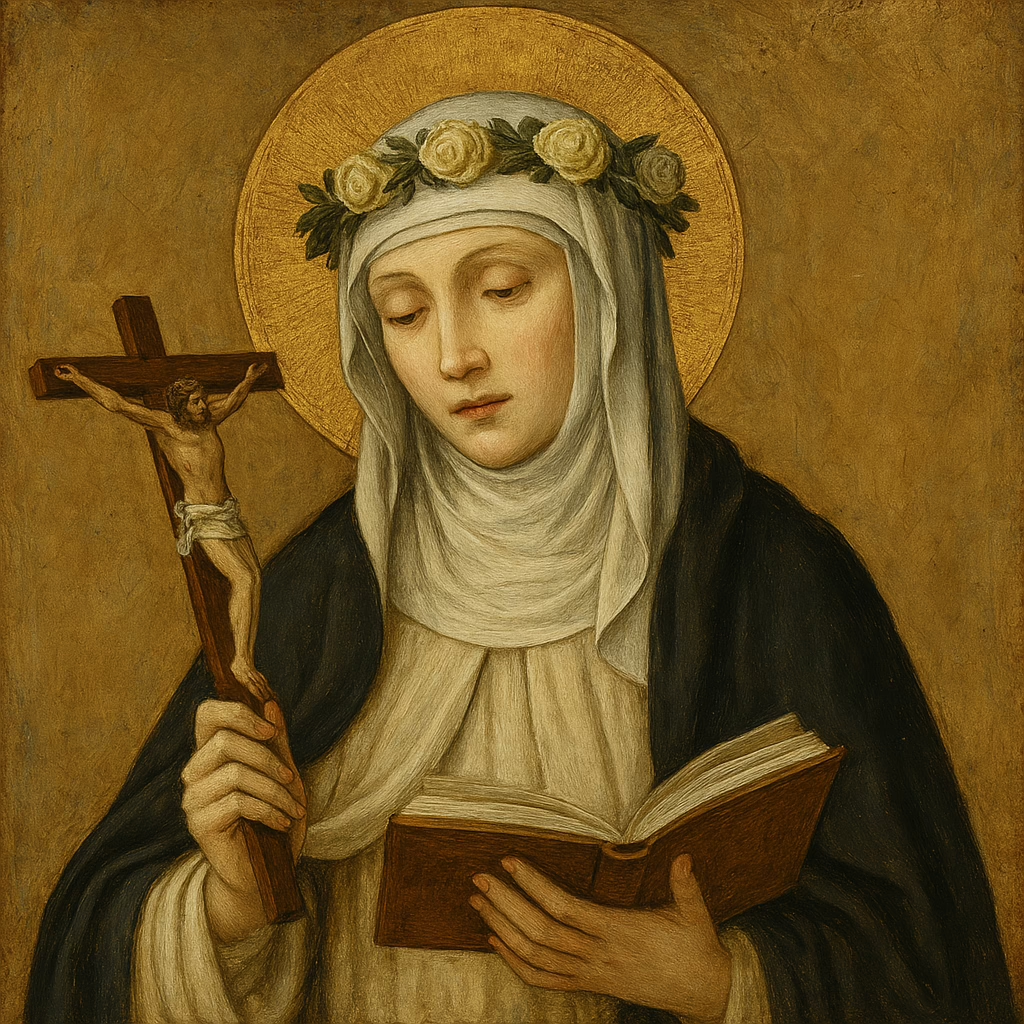St. Adalbert, Bishop and Martyr: An In-Depth Exploration of His Life and Legacy
Introduction: The Martyrdom of St. Adalbert
"In the name of Christ, I will stand firm against all adversities." These poignant words encapsulate the life and enduring influence of St. Adalbert, Bishop and Martyr. Revered within the Catholic Church and the broader context of Eastern Europe, St. Adalbert's legacy is a testament to his unwavering dedication to his faith. This deep dive into his life will explore his early ministry, expansive missionary work, brave martyrdom, and the profound influence he continues to hold in the Catholic tradition.
1. Early Life and Formation
1.1 Birth and Ancestry
Born in Bohemia around the mid-10th century, St. Adalbert hailed from a noble Slavonian family. His noble ancestry played a crucial role in shaping his future, providing him with the resources and education to embark on his spiritual journey. At a time when lineage often determined one's path, St. Adalbert chose to use his background as a platform to uplift others, especially in the tumultuous socio-political context of Eastern Europe.
1.2 Education and Spiritual Development
St. Adalbert's thirst for knowledge took him to Magdeburg, where he studied under Archbishop Adalbert. This period was pivotal, as he not only delved into the human sciences but also cultivated a budding spirituality that would guide him through the challenges ahead. The Magdeburg Educational System provided a fertile ground for his intellectual and spiritual growth, positioning him as a beacon of light in the dark times that were to come.
1.3 Ordination and Early Ministry
St. Adalbert was ordained as a priest by Bishop Dietmar of Prague, eventually becoming the Bishop of Prague in 983. Despite his reluctance to take on such a significant responsibility, his ascension marked the beginning of a transformative ministry characterized by compassionate leadership and tireless advocacy for social reforms. The challenge of leading a diocese imbued with polygamy, idolatry, and societal ills did not deter him; if anything, it solidified his resolve to enact meaningful change.
2. Missionary Endeavors
2.1 Evangelization Efforts
St. Adalbert's missionary zeal took him across the frontiers of Hungary, Poland, and Prussia. His work in converting pagans was monumental, a true light amid the pagan shadows that dominated the landscape. Among his notable achievements was the baptism of King Stephen of Hungary, a testament to his persuasive evangelization efforts.
2.2 Challenges Faced and Resilience
Amid his prolific missionary activities, St. Adalbert encountered stout opposition from both secular authorities and his fellow clergy. Yet, these adversities only strengthened his resolve. His resilience and steadfast faith became evident as he navigated cultural resistance while planting seeds of Christian thought in hostile terrains.
2.3 Development of Community and Church Structure
St. Adalbert's contributions were not limited to evangelization; he actively worked to nurture Christian communities amidst pagan practices. His efforts extended to challenging detrimental societal norms, such as polygamy and slavery, laying the groundwork for moral reformation within these societies.
3. Exile and Return
3.1 Forced Exile
The political and ecclesiastical tensions he faced culminated in his exile to Rome—a period of significant spiritual introspection. This Influence of Exile was profound, allowing him to refine his spiritual journey even further, ultimately reinforcing his commitment to his homeland and mission.
3.2 Moments of Reflection and Hermit Life
During his exile, St. Adalbert spent time as a hermit at the Benedictine monastic community of Saint Alexis. Away from the clamor of leadership, he found solace in solitude, deepening his spirituality. This retreat into quiet reflection is akin to the legacy of many Hermit Saints whose isolation became a crucible for personal growth and divine connection.
3.3 Return to Prague
His eventual return to Prague was more than a mere geographical transition; it marked a renewal of his mission. Amid the societal upheavals, he persisted in preaching and living out his Gospel commission with renewed vigor, inspiring a new wave of devotion and hope among the faithful.
4. The Martyrdom of St. Adalbert
4.1 Circumstances of His Death
On April 23, 997, St. Adalbert's life was violently claimed by pagan leaders during his missionary work in Prussian territory. His martyrdom was not just an end but a declaration of unwavering faith—a bold encounter with the ultimate cost of discipleship.
4.2 Aftermath of His Death
The reverberations of his martyrdom resonated deeply, impacting the local Christian community and far beyond. His body was ransomed, signifying the high regard in which he was held, and was subsequently buried in the Cathedral of Gniezno. These early martyr stories help us understand the transformative power of faith against persecution, as explored in the broader context of Martyrdom in Christianity.
4.3 Miracles and Canonization
In the wake of his death, numerous miracles attributed to St. Adalbert attested to his sanctity, speeding up his canonization by Pope Sylvester II in 999. These miracles were more than divine wonders—they validated his life's work, ensuring his everlasting veneration among the faithful.
5. Lessons and Teachings from St. Adalbert
5.1 Commitment to Holiness and Simplicity
St. Adalbert's life, rooted in simplicity and deep faith, serves as a model for modern Christians. His austere lifestyle continually invites us to cultivate personal holiness through daily acts of prayer and reflection. "Amidst the world's distractions, it is in simplicity that one draws closer to God," as modeled by St. Adalbert's commitment to an uncluttered life centered on divine communion.
5.2 Courage in Adversity
His life epitomized courage amid adversity, reinforcing the significance of steadfastness in faith. As we grapple with societal pressures, his example challenges us to stand resolute, much like what St. Paul articulated, "I have fought the good fight, I have finished the race, I have kept the faith" (2 Timothy 4:7).
5.3 Importance of Missionary Work
Evangelization was not just a mission but a calling that resonated deep within St. Adalbert. In a world yearning for meaning, we are encouraged to take up this mantle, spreading the Gospel with the fervor and conviction he exhibited.
Conclusion: The Enduring Influence of St. Adalbert
Reflecting on the life and martyrdom of St. Adalbert, we find a profound narrative of courage, faith, and dedication that continues to inspire the Catholic faith and beyond. His legacy as a missionary, leader, and martyr reminds us of the extraordinary impact one life can have when fully dedicated to God's service. St. Adalbert's influence echoes through the ages, urging us to engage in missionary work and personal holiness by following his remarkable example.
To further delve into the spiritual teachings and devotional practices inspired by St. Adalbert's life, consider exploring books on this subject on Amazon. Let us carry the torch of his faith forward, seeking his intercession as we embrace our calling to spread the Good News.
May St. Adalbert continue to inspire us to stand firm in faith and live out our mission with courage and conviction. St. Adalbert, pray for us!





